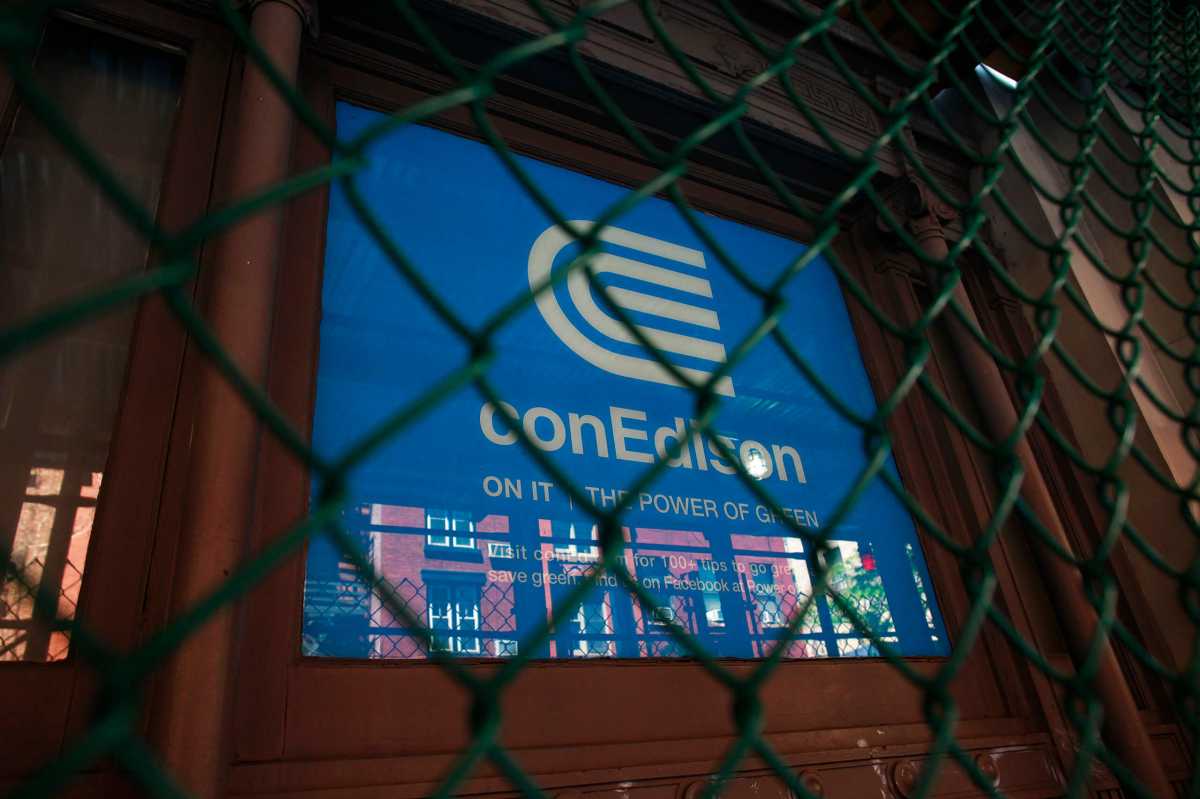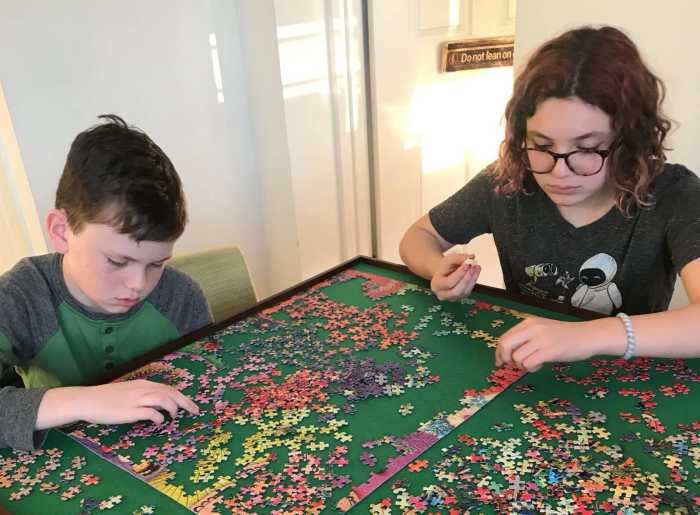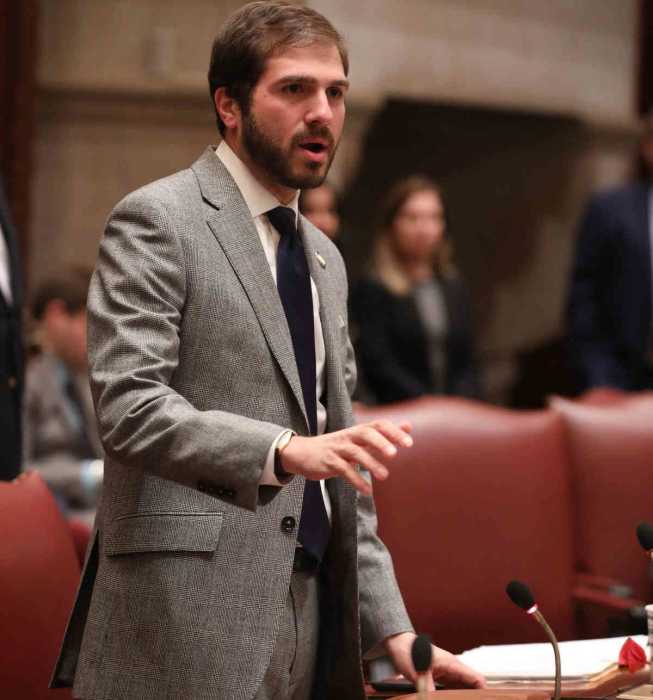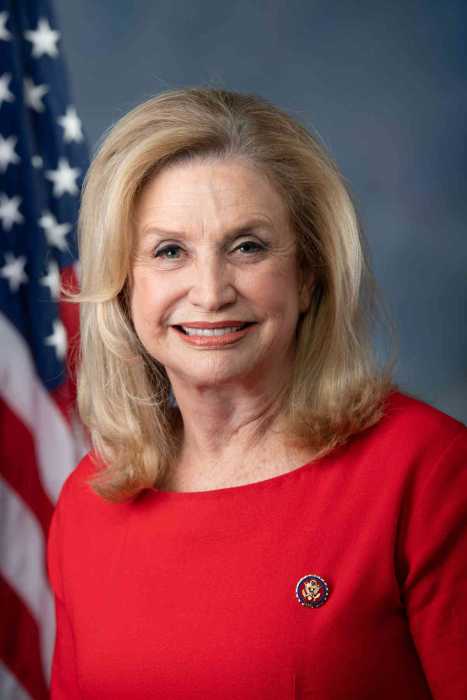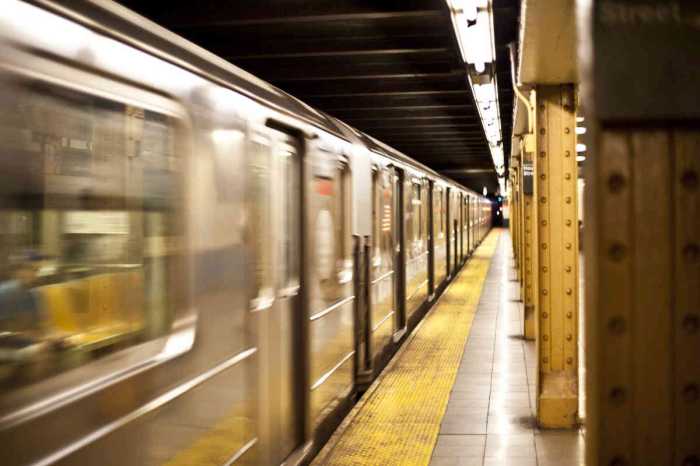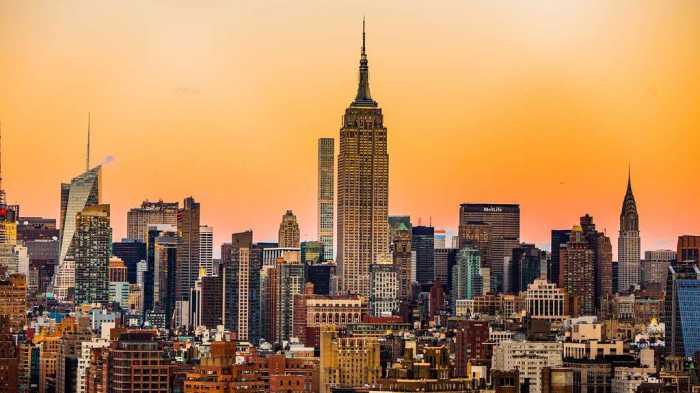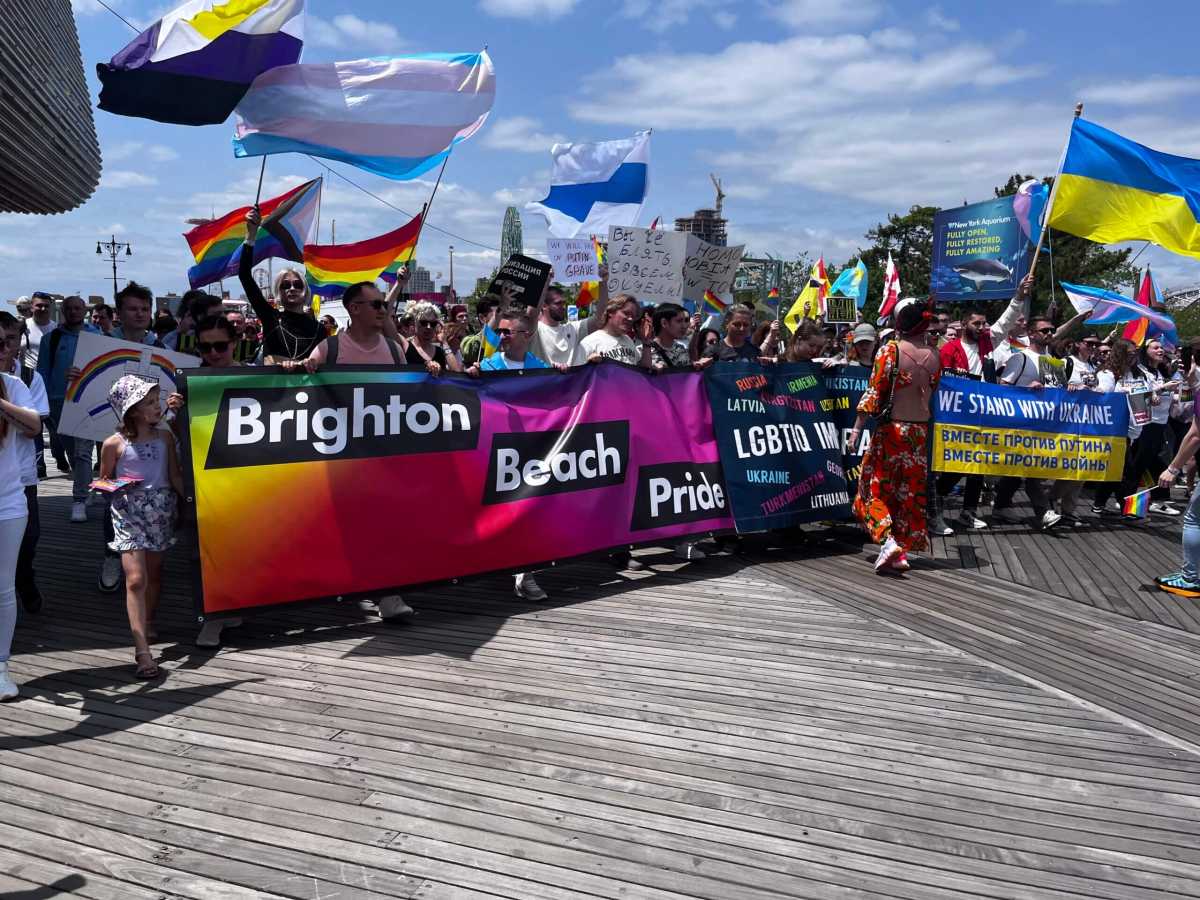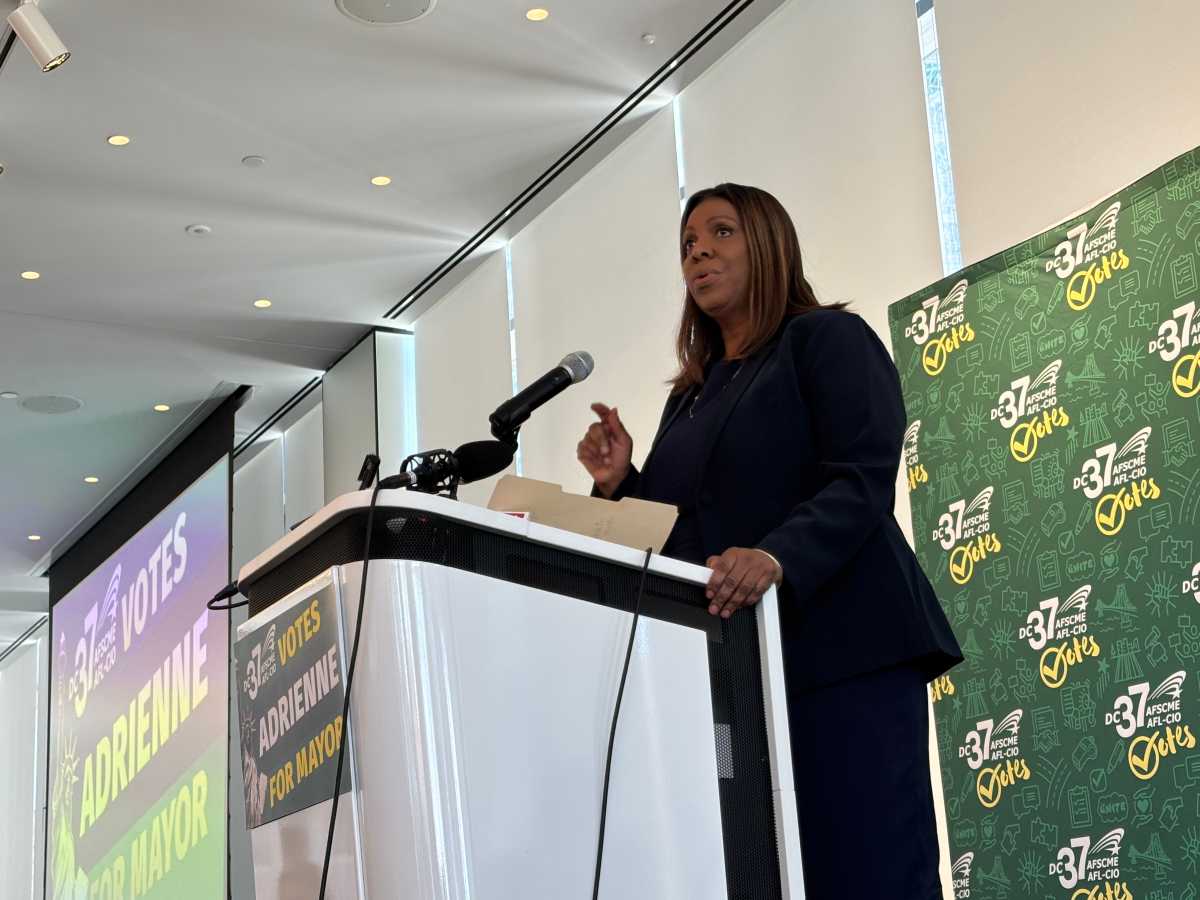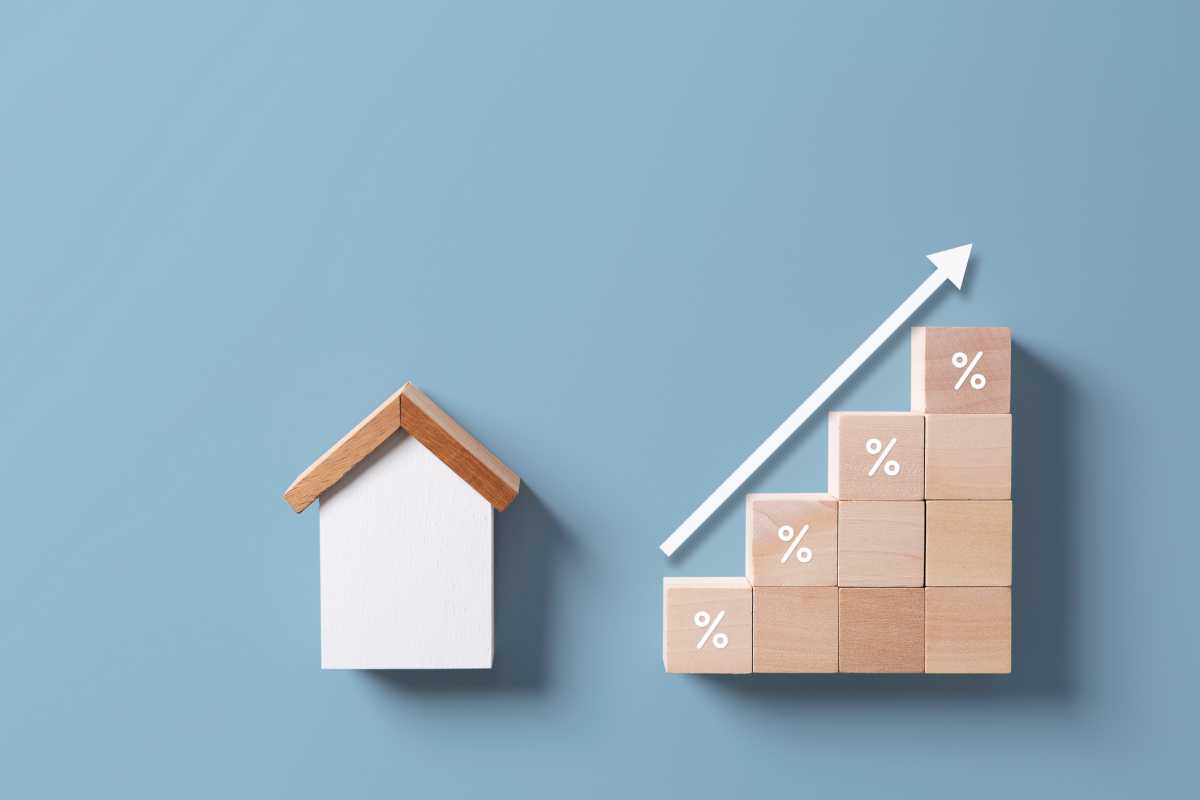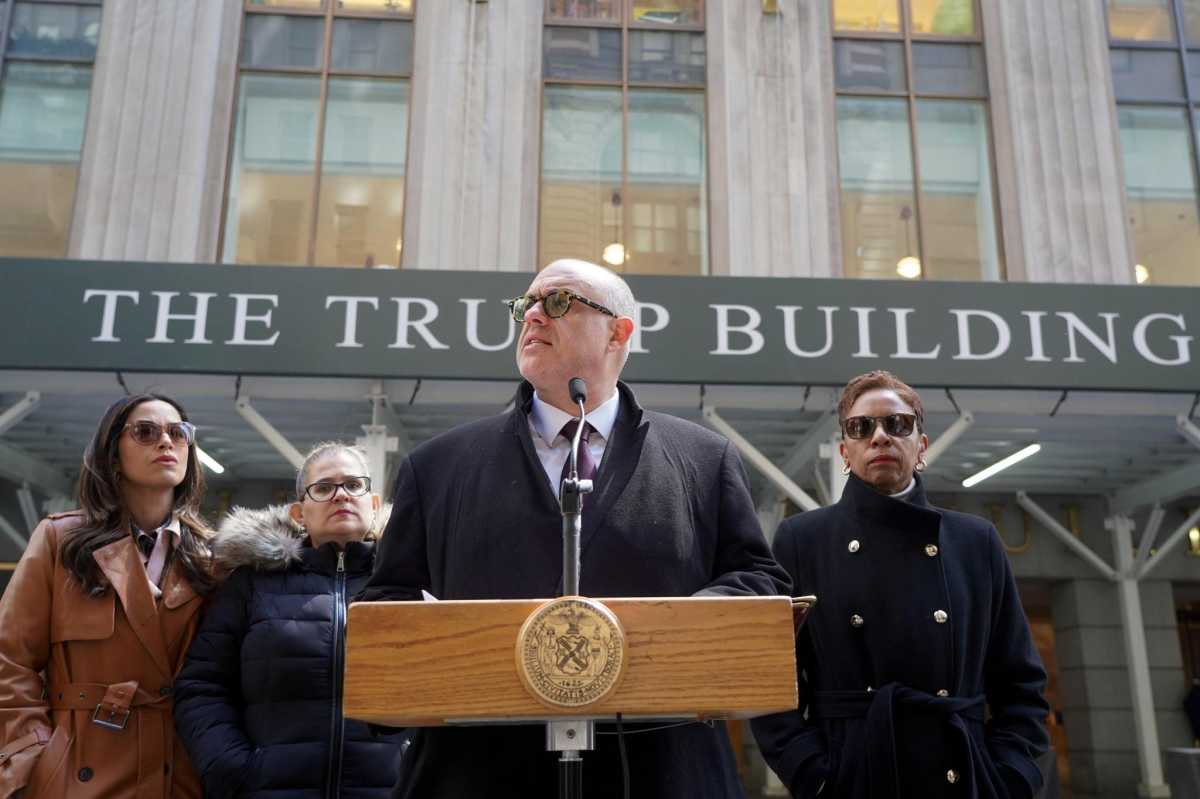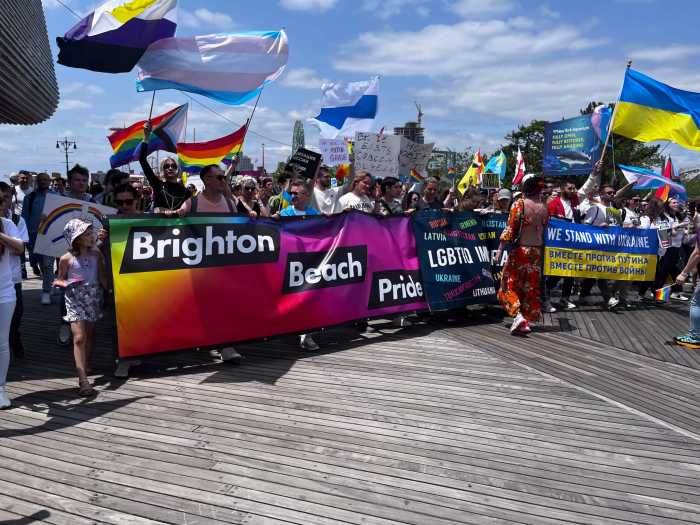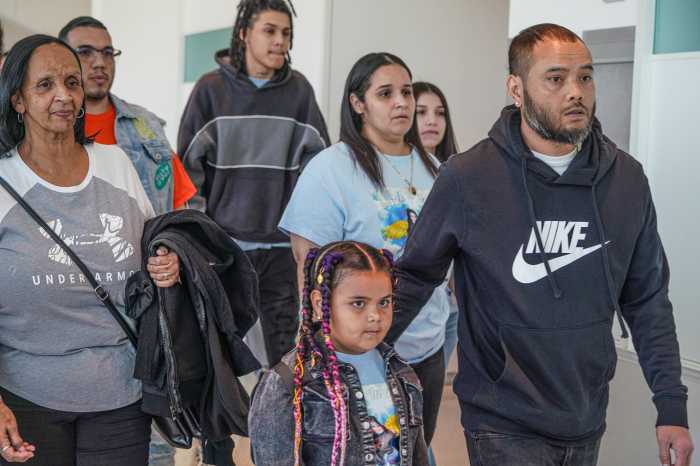The end of summer means after months of cranking the AC, it’s almost time for those dreaded summer utility bills. I don’t know about you, but for the past several years, when I get these crazy bills, I’ve often asked myself: where does all this money go? What exactly am I paying for? And why is such a basic need so expensive?
The answer is: when we pay our utility bills, we’re actually writing checks to for-profit entities to deliver us energy that we already own. Sound fair? Yeah, I didn’t think so.
Energy makes its way into your home because a private company – in New York City’s case, Con Edison – buys energy from the public grid, in order to sell it – or deliver it – to you. They are effectively a middleman, which delivers your taxpayer-funded energy to you, but not before charging you a markup on that energy. Why charge a markup? Because Con Ed, like Amazon or Apple, is a private company with shareholders, who invest in them looking to make a profit.
Regardless of what party you belong to or what your politics are, I think we can all agree that in 2020 and beyond, electricity is a necessity, not a luxury. Can you live without electricity? Well, then that makes energy a human right, not a commodity to be sold for profit. A shareholder’s desire to make money should not come before your needs as a user of that electricity. But our current model creates a problem of accountability: is Con Ed’s first priority the delivery of fast, efficient, reliable electricity to our homes or is to make as much money as possible for their shareholders? Hmm.
Recent storms have brought this problem into the spotlight. Just a few weeks ago, Hurricane Isaias wreaked havoc on New York City, causing hundreds of thousands of outages. And if you look at the map where those outages happened, you’d find nearly all of them took place in the “outer boroughs,” with a whopping total of 12 outages in all of Manhattan. That’s because the outer boroughs still have frangible and outdated overhead power lines, which are threatened nearly every time the wind blows. The solution to the problem is to bury those overhead power lines, and prepare for the effects of climate change and inclement storms by investing in renewable energy generation and expanding the power of our energy grid. But instead of moving forward on those goals, Con Ed execs have over and over again stated: there’s not enough money to do that. Oh, really?
Let’s be real: when the primary goal is to generate profit for your shareholders, and pay millions of dollars in salary to your highest executives while you do it, there will never be enough money to make the hard fixes necessary to adapt for the changing climate. These days, rate hikes have become as reliable as power outages. For decades, we’ve seen our bills go up and up while our service has become less and less reliable. It’s no wonder Con Ed shareholders have seen nearly 50 years of consecutive dividend increases!
But there is a solution to this problem: bring our utilities under full public control. By doing this, we can save New Yorkers money, end mass outages, and invest in renewable energy that will help us adapt to a quickly changing climate. Publicly owned utilities are also democratically controlled, and can be held accountable when things go wrong. Which means we no longer will have to beg the executives of for-profit utility companies to do the right thing. Trust me, I’ve tried. It doesn’t work.
We need to eliminate the middleman, and ensure that the primary goal of energy distribution in New York is to provide reliable, affordable, and renewable energy to every single household, office, and business. And, in the process, we will generate substantial new revenue for our city and state.
I’m calling on my colleagues in the New York State senate and assembly to prioritize and pass Assemblyman Robert Carroll’s bills, which taken together will bring our energy grid under full public ownership and control. This process will take time. But if we act now, maybe just maybe we can be prepared for the superstorms and climate disasters that we know are coming our way. We can’t afford to get conned by Con Ed. There’s no time to waste.
Justin Brannan is a New York City Councilman who represents the neighborhoods of Bay Ridge, Dyker Heights, Bensonhurst and Bath Beach.


